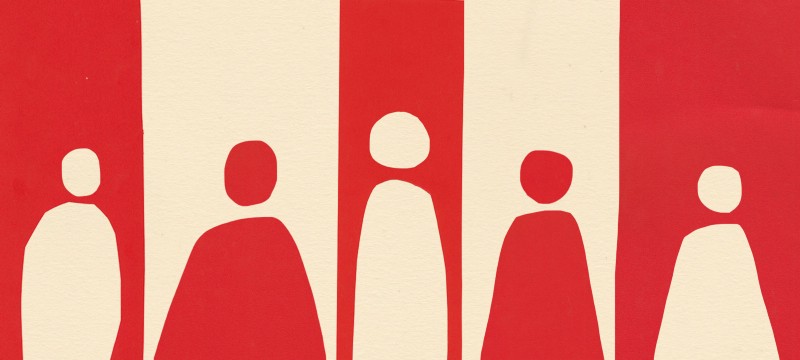
In many ways, all of our futures are tied to the future of disability. Many of us will be disabled, if we are not or haven’t been already; as we age, most of us will become, in some way or another, disabled. We can’t think about the future–of health, of technology, of community–without centering disability, because it cuts across every other kind of experience. Disability is central to all of our lives.
Curated by Kenny Fries, “Disability Futures” is a series of essays by five writers who dig into the ways that disability is shaping our lives–and our futures. From education to the arts to parenting, these writers explore how disability, in the words of Rebecca Sanchez, “invites us to reconsider how we relate to and with other people.”

Kenny Fries: How We Think About the Future of Disability
Introducing a series of essays on how disability is central to all of our lives

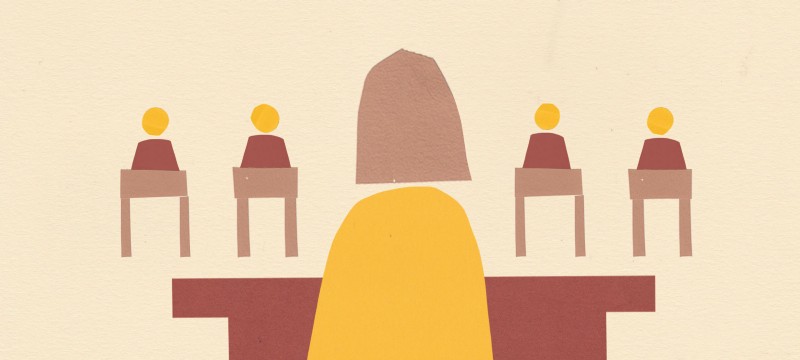
Emily K. Michael: Remaking the Ideal Teacher
My students have shown me that it’s OK to center my nonstandard ways in the classroom

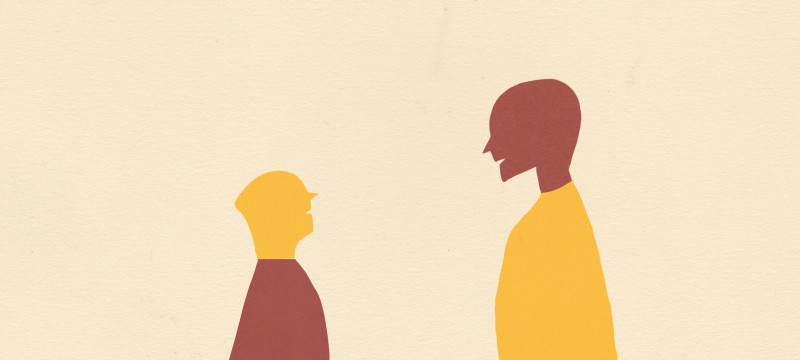
Rebecca Sanchez: Creating Shared Spaces With Every Form of Language
The sitcom Speechless explores the ways that disability invites us to reconsider how we relate to and with other people

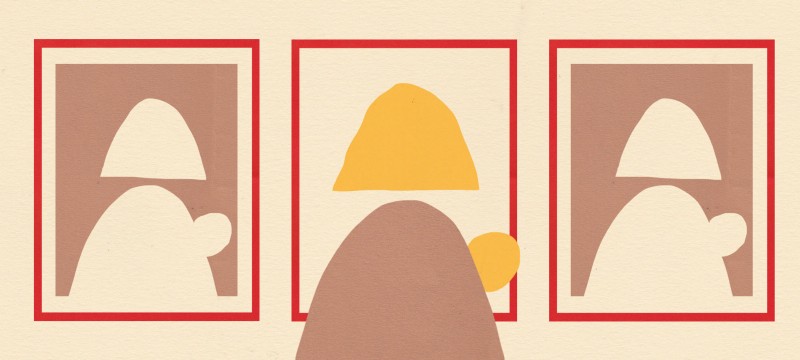
Rae Rose: The Power of Finding a Disabled Community Online
As a bipolar mother, my digital spaces are a touchstone–they offer me support and help me define who I am

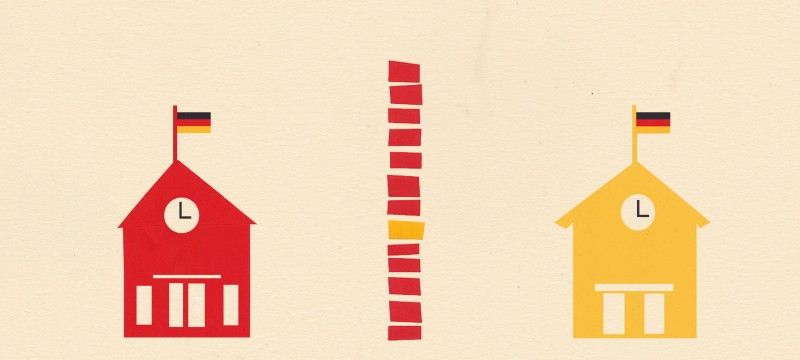
Rebecca Maskos: It’s Time to End Germany’s Culture of Benevolent Exclusion
A decade after pledging to protect the rights of disabled people, Germany still struggles to treat us equitably

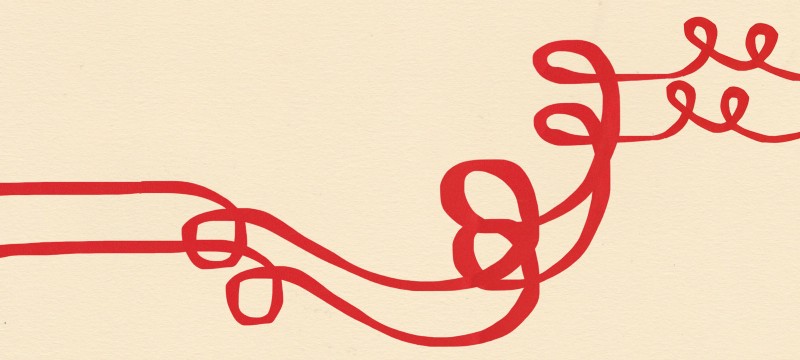
Alice Sheppard: Choreographing the Physicality of My Bodies
When disabled people dance, it can change how nondisabled people see the relationship between technology and the body

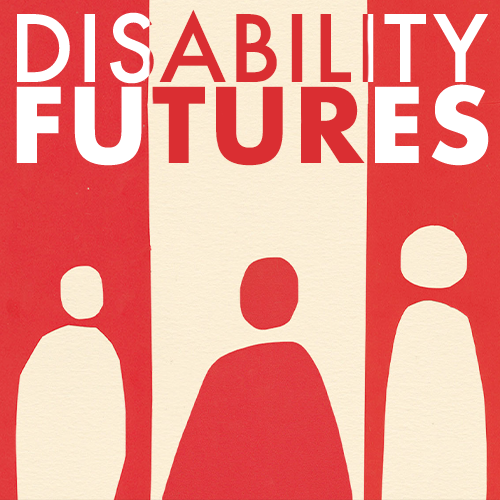
How We Get To Next was a magazine that explored the future of science, technology, and culture from 2014 to 2019.

